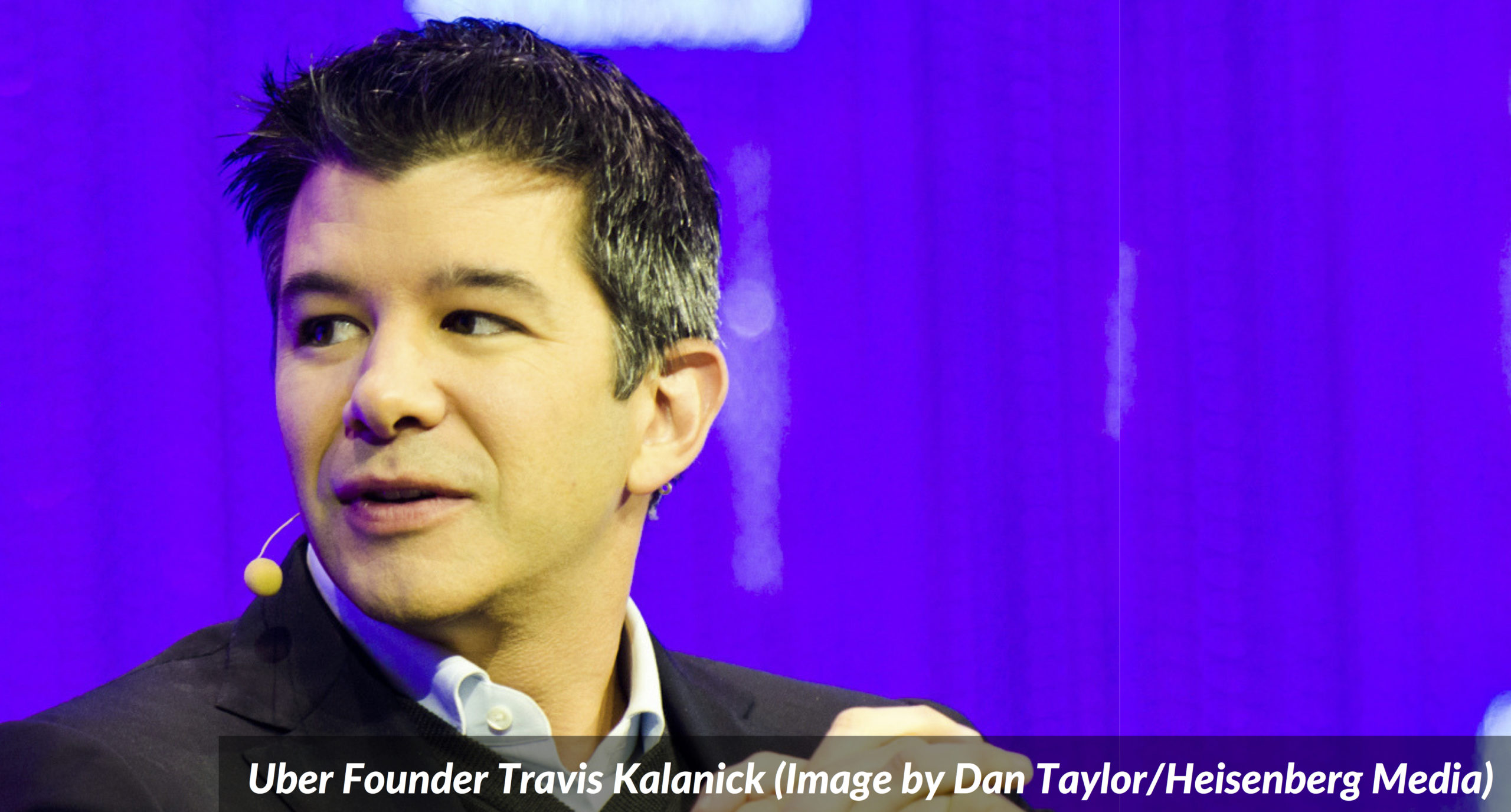
The #MeToo movement has brought sexual harassment allegations to light, and the allegations have led to the downfall of prominent men in the entertainment industry, government and the media. Among them: Matt Lauer of the Today show, former U.S. Sen. Al Franken, actor Kevin Spacey, and longtime newsman Charlie Rose.
It’s only beginning, and the corporate world is not immune. Allegations of a hostile environment played a major role in the downfall of Uber CEO Travis Kalanick (pictured above), and we can expect the movement to impact other prominent leaders in the business world, too.
At B2, our crisis communications work has included helping several companies address misdeeds by senior leaders and communicate how those actions didn’t represent the company’s values.
Based on that experience, here are six corporate communications tips in addressing sexual harassment allegations:
1. Make decisions quickly and communicate proactively.
If a situation has surfaced internally, but hasn’t yet resulted in news media coverage, remember that social media and word of mouth can quickly cause damage to your company’s reputation. Be thorough and thoughtful in assessing allegations, but move quickly in determining how to address the situation.
2. Have a communications plan in place before an adverse event occurs.
The best time to prepare for a crisis is before it hits. Establish protocols now for how the company would address a negative event. Consider all the audiences that matter to your company, such as employees, customers, business partners and community leaders. The method in which you communicate is equally important: Some audiences should get an email or memo, while phone calls or in-person meetings may be more appropriate for other audiences.
3. Create a committee that can quickly devise communications strategy if needed.
This committee should include leaders from operations, legal, human resources and communications. It’s important to consider the opinions of everyone involved, but it’s critical that an experienced communications professional take a leadership role.
4. Know that your communications strategy may need to change quickly.
As the situation changes, and different audiences engage, the company needs to be ready to make decisions and communicate within minutes, not hours. Multiple communications with each key audience may be needed as additional information becomes available.
5. Avoid “No comment.”
Even in a situation that has the potential to result in legal action, there is always something a company can say. Encourage leaders to be as open as possible, in close consultation with your lawyers, while emphasizing how the company’s response to the situation reflects its core values. And if you can’t comment in detail, explain why.
6. Building a reputation for quality, open and honest communication will pay off.
Developing an atmosphere of open communication now with your employees, business partners and community establishes a foundation of trust, which will help you if the company encounters a tough situation.
A key thread in all these tips: Now is the time to think about being ready for a negative event, not when it happens. Making preparations now will help you make effective, quick decisions when it matters most – when your company’s reputation is on the line.
Kyle Parks, an award-winning journalist and former corporate director of corporate communications, has more than 15 years of crisis communications experience, handling everything from misdeeds by corporate leaders to misinformation campaigns on social media to a coal mining accident with 13 fatalities. He leads B2's crisis communications practice group.
